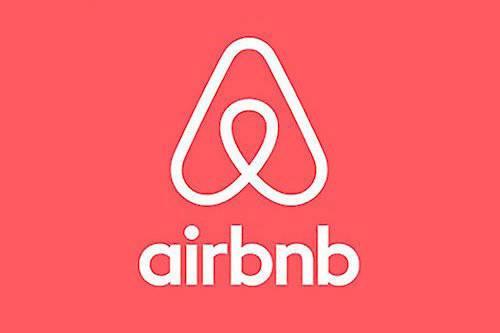
The First Amendment of the U.S. Constitution prevents Congress from making laws that restrict the freedom of expression, no matter how hateful or hurtful. Court rulings over the years have set precedent for how far such limits can be pushed, but for the private sector, the rules do not apply. The list of folks who have been nailed for the words they blurted out from their mouths is a long one: sports personality Jimmy “The Greek” Snyder, actor and comedian Michael Richards and professor Lisa Durden are just a few examples of those who lost their jobs or reputation for ill-timed comments or rants.
To that end, Airbnb, which has not always had the most pristine record when vetting its guests and hosts, has emerged as a leader in the fight against those who promote hate and racial superiority. As Gizmodo reported in the days before Charlottesville turned into a war zone, “Airbnb won’t put a roof over the heads of Nazis.”
Gizmodo’s Bryan Menegus and Tom McKay reported how Airbnb employees proactively banned some “Unite The Right” marchers from using the online accommodation service during their visit to Charlottesville.
Airbnb claimed that those users who had their accounts cancelled violated the company’s Terms of Service, which includes a nondiscrimination policy:
“We welcome guests of all backgrounds with authentic hospitality and open minds. Joining Airbnb, as a host or guest, means becoming part of a community of inclusion. Bias, prejudice, racism, and hatred have no place on our platform or in our community.”
It has been a very bumpy road for Airbnb up to this point, as over the past couple years, the company was accused of turning a blind eye on hosts who discriminated against potential guests based on their ethnic or racial background. The company eventually brought on some big guns such as former Attorney General Eric Holder to revamp their anti-discrimination policies. The company made news headlines again earlier this year when an Asian-American graduate student documented a text conversation with a host who told her, “One word says it all. Asian” when canceling her reservation. Airbnb recently worked with California’s housing department to find a resolution to that dispute.
The same cannot be said for other technology companies in Silicon Valley and beyond when it comes to showing leadership.
For example, the web hosting and domain registration company GoDaddy removed the white supremacist site Daily Stormer after it posted a vile article about Heather Heyer, who was killed in Charlottesville on Saturday. But that announcement only came after many citizens called out GoDaddy on Twitter.
Speaking of Twitter, that company has also struggled to manage hate speech. Last summer, Twitter banned Milo Yiannopoulos, then an editor for Breitbart news, from its platform over his harassment of Saturday Night Live and Ghostbusters actress Leslie Jones. But Yiannopoulos was only kicked off after outrage had amplified to the point at which Twitter’s executives could no longer look the other way. The company has long been accused of not only tolerating online abuse and hate speech, but even accommodating it. “A honey pot of a--holes” is how one former employee described the company in a report by Charlie Warzel on Buzzfeed last summer.
Facebook has also been accused of moving slow to stop such banter on its social network - and has sometimes been clumsy as it has attempted to moderate discussions over ethnicity and race. The company says it has been on a hiring spree to moderate these posts, but critics say the company has been both slow to respond and is often far too reactive.
As April Glaser on Slate recently concluded, Airbnb can actually offer lessons to its peers in the online world:
“Those sites can still follow Airbnb’s lead: When people in your community complain, you need to investigate and take action. That means not being afraid of pissing off thousands of people who use their platforms to share hate speech—which, yes, sometimes bleed into broader accusations of partisan bias, which social media sites are particularly loathe to incur.”
In this tumultuous time, more companies will find themselves called to take a stand. If they are as proactive and definitive about it as Airbnb, they will minimize the negative fallout.
Image credit: Voice of America/Wiki Commons

Leon Kaye has written for 3p since 2010 and become executive editor in 2018. His previous work includes writing for the Guardian as well as other online and print publications. In addition, he's worked in sales executive roles within technology and financial research companies, as well as for a public relations firm, for which he consulted with one of the globe’s leading sustainability initiatives. Currently living in Central California, he’s traveled to 70-plus countries and has lived and worked in South Korea, the United Arab Emirates and Uruguay.
Leon’s an alum of Fresno State, the University of Maryland, Baltimore County and the University of Southern California's Marshall Business School. He enjoys traveling abroad as well as exploring California’s Central Coast and the Sierra Nevadas.














